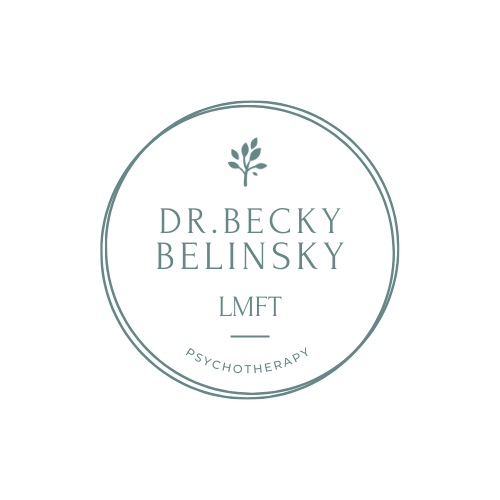Finding an Eating Disorder Therapist
Introduction:
Embarking on the journey to recovery from an eating disorder is a courageous step, and having the right support is paramount. Finding a psychotherapist who specializes in eating disorders can be a crucial part of this process. In this post, we'll explore practical steps and considerations to help you connect with a therapist who understands the complexities of eating disorders and can guide you toward healing.
1. Start with Research:
Begin by researching therapists who specialize in eating disorders. Look for professionals with experience in treating conditions such as anorexia nervosa, bulimia nervosa, binge-eating disorder, or other related issues. Online directories, mental health organizations, and professional associations can be valuable resources.
2. Seek Recommendations:
Reach out to friends, family, or colleagues who may have experience with eating disorder therapy or mental health professionals. Personal recommendations can provide insights into the therapist's approach, personality, and effectiveness.
3. Check Credentials:
Verify the credentials and qualifications of potential therapists. Ensure they are licensed mental health professionals with specific expertise or training in eating disorders.
4. Review Online Profiles:
Explore the online presence of potential therapists. Many professionals have profiles on therapy directories, social media, or their own websites. Read about their background, treatment approach, and any specializations they may have. Make sure they mention eating disorders as a specialty.
5. Contact Professional Associations:
Reach out to professional organizations related to eating disorders, such as the International Association of Eating Disorders Professionals (iaedp) or the National Eating Disorders Association (NEDA). These organizations may provide referrals or directories of therapists specializing in eating disorders.
6. Inquire About Treatment Approaches:
When reaching out to potential therapists, inquire about their treatment approaches. A therapist specializing in eating disorders should have specialized experience and training and eating disorders, and be able to speak to this. Specificcally, the therapist should work from a Weight Neutral or Fat Positive lens. There are many ways to speak to this approach, but all should incorporate a belief that encourages acceptance of bodies in all shapes and sizes, and NEVER promotes intentional weight loss for anybody.
7. Consider Personal Compatibility:
Finding the right therapist is not just about their expertise but also about personal compatibility. Schedule an initial consultation or phone call to discuss your concerns, treatment goals, and to get a sense of the therapist's approach and communication style.
8. Understand Treatment Setting:
Consider whether you prefer individual therapy, group therapy, or a combination. Additionally, think about whether in-person sessions, virtual therapy, or a hybrid approach aligns with your preferences and circumstances.
Conclusion:
Finding a psychotherapist who specializes in eating disorders is a significant step toward recovery. By conducting thorough research, seeking recommendations, checking credentials, and considering personal compatibility, you can identify a professional who not only understands the complexities of eating disorders but also provides the support and guidance needed for your unique journey toward healing and well-being. Remember, you deserve a therapist who respects your individual experience and is committed to helping you achieve lasting recovery. If you are ready for specialized support, please feel free to reach out. You can call me at (424) 231-5877 or send me a note here.
